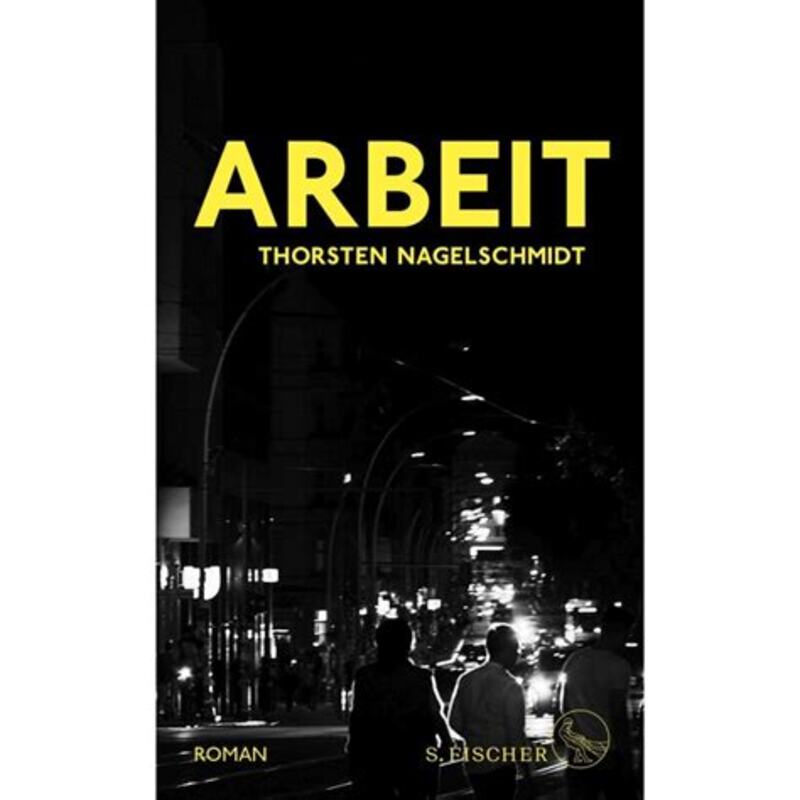Caponeu event
Book club Politics and Literature: Literary Work and Work Collectives | Thorsten Nagelschmidt: Arbeit
Caponeu event28.04.2025 - 28.04.2025
Following on from the discussion about Tram 83, Am laufenden Band and Wir schlafen nicht, we agreed at the outset that ‘work’ is a much broader concept in this novel – especially when you consider the diverse work situations in which the characters find themselves. Just think of the characters in Gladkov and Max von der Grün for comparison! Instead of collective factory work, we are dealing here with a variety of non-productive forms of work.
The title ARBEIT (WORK) is the best element of this novel, because it encourages readers to think about what work actually is here. The title raises the question of what work is really about. Possible alternatives to the chosen title – such as “Berlin at Night” or “Nightshift” – would emphasise the clichéd nature of the novel, which would lose the depth that is created almost solely by the title.
Some, however, have noted that the novel is rather shallow, almost transparent: you can see that it was written by a man, a man of a certain age and one who moved here from outside Berlin. Others have noted that the initial impression of shallowness quickly faded as they read, and they were drawn into the narrative.
Parallels have been drawn to other big-city novels that are structured in a similar way (Dos Passos, Döblin, etc.): The technique itself is not new, but the fact that the novel sheds light on these dark sides of the ‘night economy’ is perhaps new in the context of the late 2010s and early 2020s. But it is a delay, because the awareness that this nightlife has to be paid for somehow has been around for quite some time.
That is why the discussion has also turned to the historicisation of the period since (before) the fall of the Berlin Wall. As in no other novel, the different generations have come to the fore here (with reference to local knowledge, personal memories and the urban history of Berlin, which is a history of capitalist land, i.e. city, conquest).
